Anatomy And Physiology Of Joints
The knuckle metacarpophalangeal joints of the hand between the distal end of a metacarpal bone and the proximal phalanx bone are condyloid joints. The hip joint and the glenohumeral shoulder joint are the only ball and socket joints of the body.
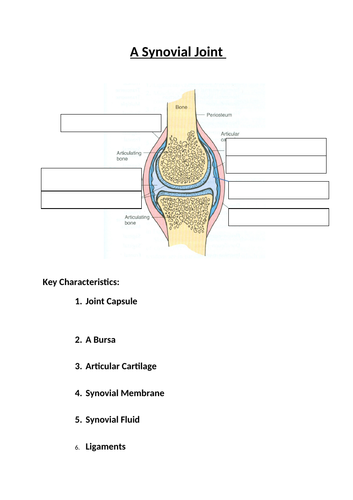
An inflammatory disease caused by spirochete bacteria transmitted by the bite of ticks that live on mice and deer.

Anatomy and physiology of joints. Transverse frontal and sagittal. The intricate movements of a human such as those performed in dance and athletics are accomplished by using a wide variety of joints. The joint with the greatest range of motion is the ball and socket joint.
Anatomy and physiology joints. Another example is the radiocarpal joint of the wrist between the shallow depression at the distal end of the radius bone and the rounded scaphoid lunate and triquetrum carpal bones. Such a joint is useful if the body needs to link two bones but allow a little flexibility.
There are two types of slightly movable joints amphiarthrosis. In fact the mobility of a joint is often inversely proportional to its stability. Cells at the center of this interzone region undergo cell death to form the joint cavity while surrounding mesenchyme cells will form the articular capsule and supporting ligaments.
Most diarthrotic joints are found in the appendicular skeleton and thus give the limbs a wide range of motion. Thus diarthroses are classified as uniaxial for movement in one plane biaxial for movement in two planes or multiaxial joints for movement in all three anatomical planes. Transverse frontal and sagittal.
A syndesmosis is similar to a suture complete with the fibrous connective tissue but it is more flexible. At these joints the rounded head of one bone the ball fits into the concave articulation the socket of the adjacent bone see figure 3f. The synovial joints will form between the adjacent cartilage models in an area called the joint interzone.
An axis in anatomy is described as the movements in reference to the three anatomical planes. It can be unsupported membrane may pouch allowing remote access resting on an outer fibrous capsule or separated from the capsule by pads of fat. An axis in anatomy is described as the movements in reference to the three anatomical planes.
Articulating joints are separated by a fluid filled joint cavity which is bounded by a synovial membrane. These joints are divided into three categories based on the number of axes of motion provided by each. Though joints enable the skeleton to be dynamic they also play an important role in stability and protection.
A synovial membrane is a pink connective tissue sheet that is vascular and sensitive. It often results in joint pain and arthritis especially in the knees and is characterized by a skin rash flu like symptoms and foggy thinking.
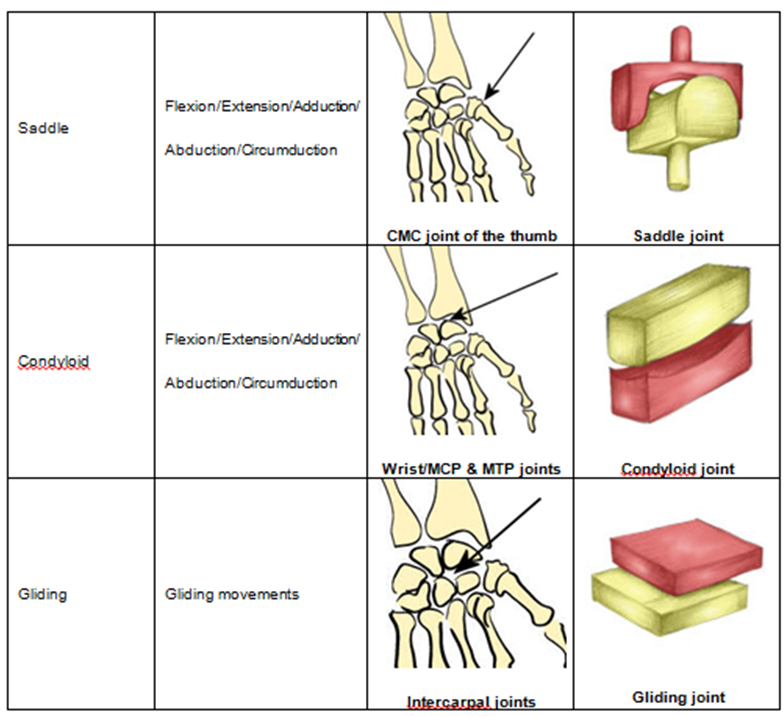 3 Facts To Ace Your Anatomy And Physiology Test Joints
3 Facts To Ace Your Anatomy And Physiology Test Joints
 Anatomy And Physiology Of Articulations Joints
Anatomy And Physiology Of Articulations Joints
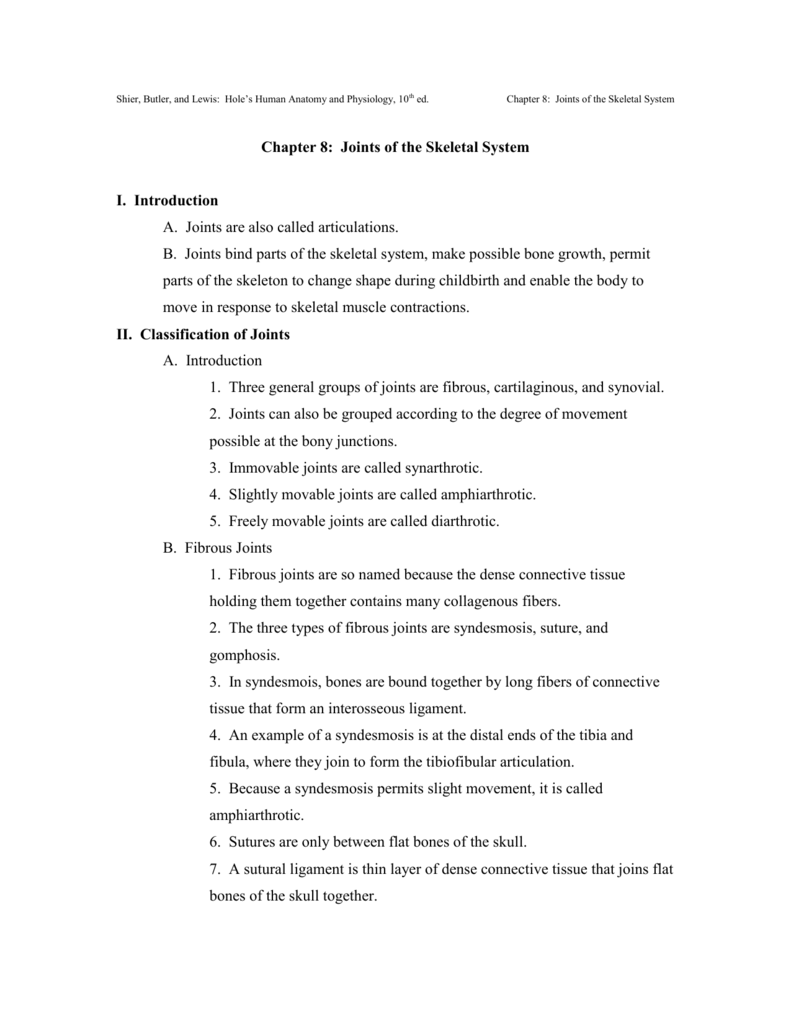 Chapter 8 Joints Of The Skeletal System
Chapter 8 Joints Of The Skeletal System
 Types Of Synovial Joints From Human A P Lab Manual Pearson
Types Of Synovial Joints From Human A P Lab Manual Pearson
 Notes On Anatomy And Physiology Facet Joints Of The Spine
Notes On Anatomy And Physiology Facet Joints Of The Spine
 Joints Quiz Anatomy Physiology 1 With Caporrello At
Joints Quiz Anatomy Physiology 1 With Caporrello At
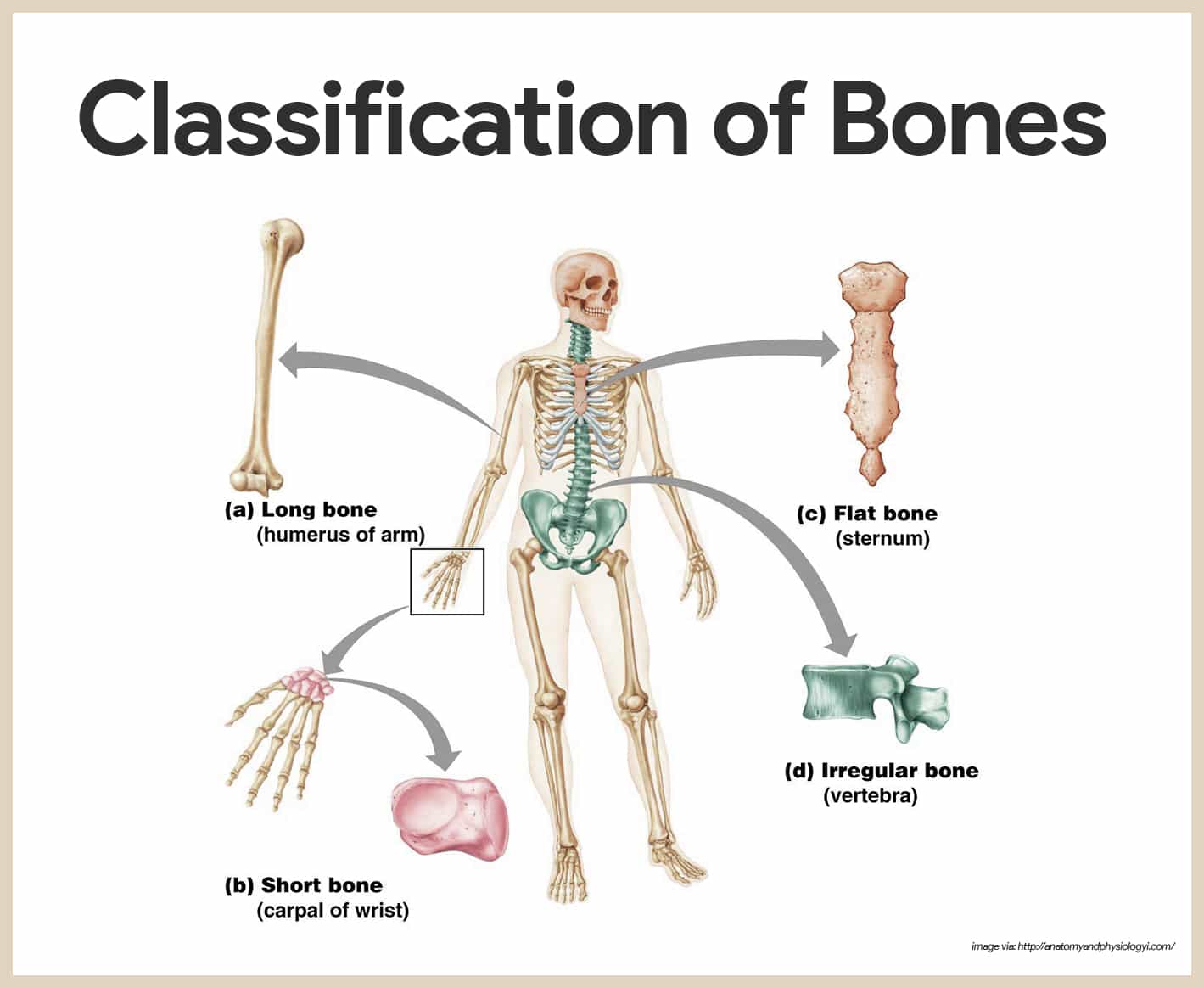 Skeletal System Anatomy And Physiology Nurseslabs
Skeletal System Anatomy And Physiology Nurseslabs
The Temporomandibular Joints Teeth And Muscles And Their
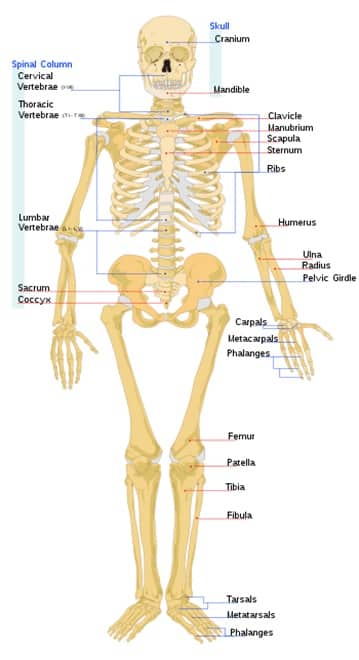 Skeletal System Anatomy Physiology Schoolworkhelper
Skeletal System Anatomy Physiology Schoolworkhelper
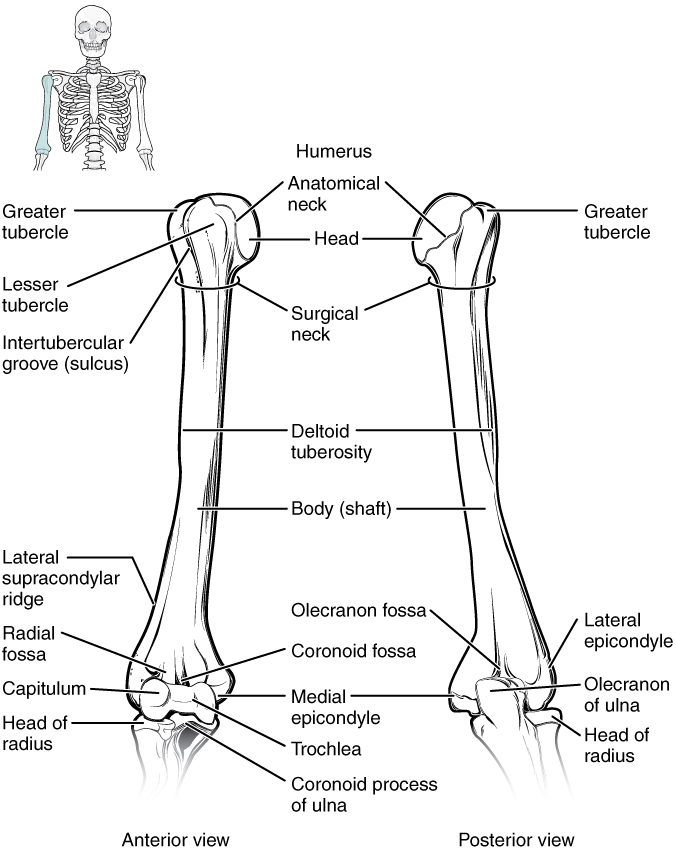 8 2 Bones Of The Upper Limb Anatomy And Physiology
8 2 Bones Of The Upper Limb Anatomy And Physiology
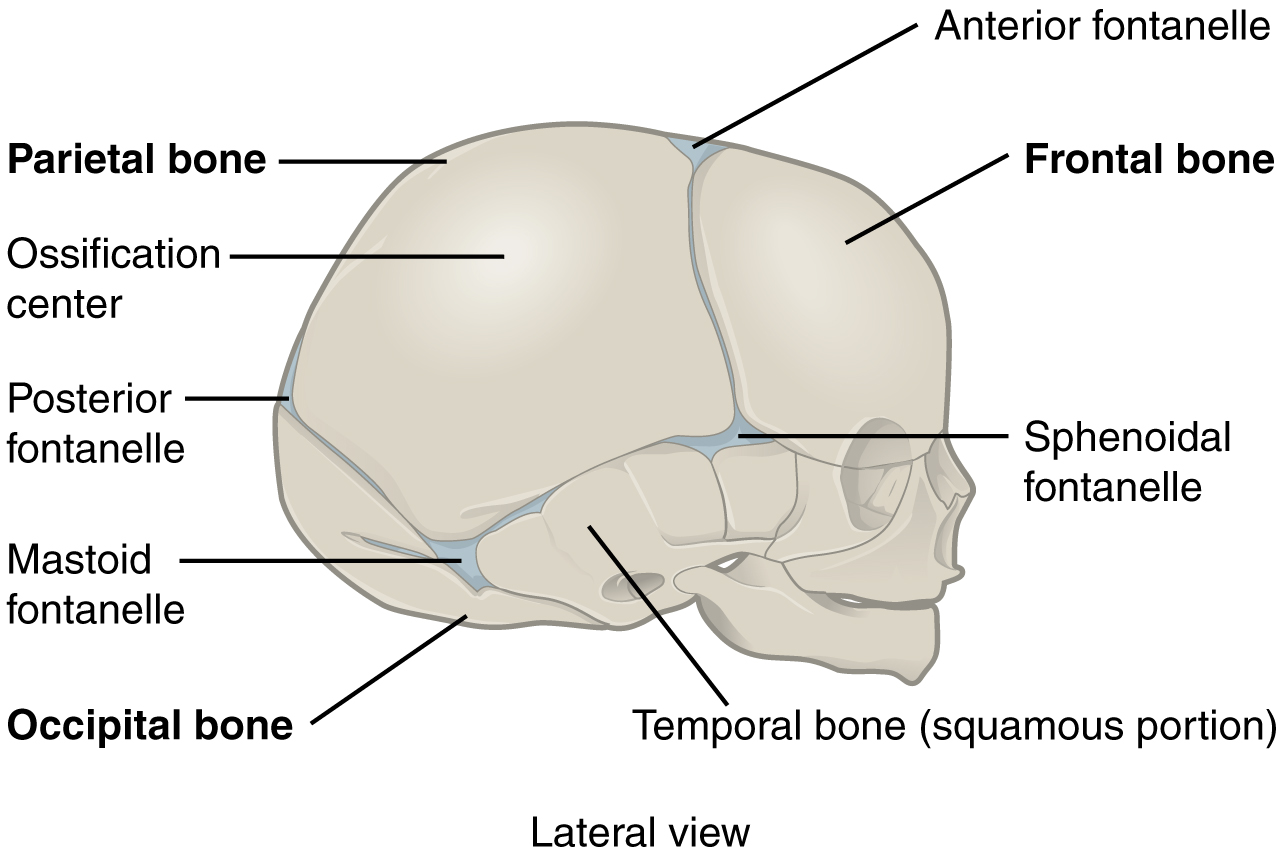 9 2 Fibrous Joints Anatomy And Physiology
9 2 Fibrous Joints Anatomy And Physiology
 Types Of Synovial Joints Health Synovial Joint Human
Types Of Synovial Joints Health Synovial Joint Human
 The Musculoskeletal System Ross And Wilson Anatomy And
The Musculoskeletal System Ross And Wilson Anatomy And
:max_bytes(150000):strip_icc()/GettyImages-687795661-969f111662dc4df7a9c3d78c17045ea6.jpg) Anatomy And Physiology Of The Ankle For Sports Medicine
Anatomy And Physiology Of The Ankle For Sports Medicine
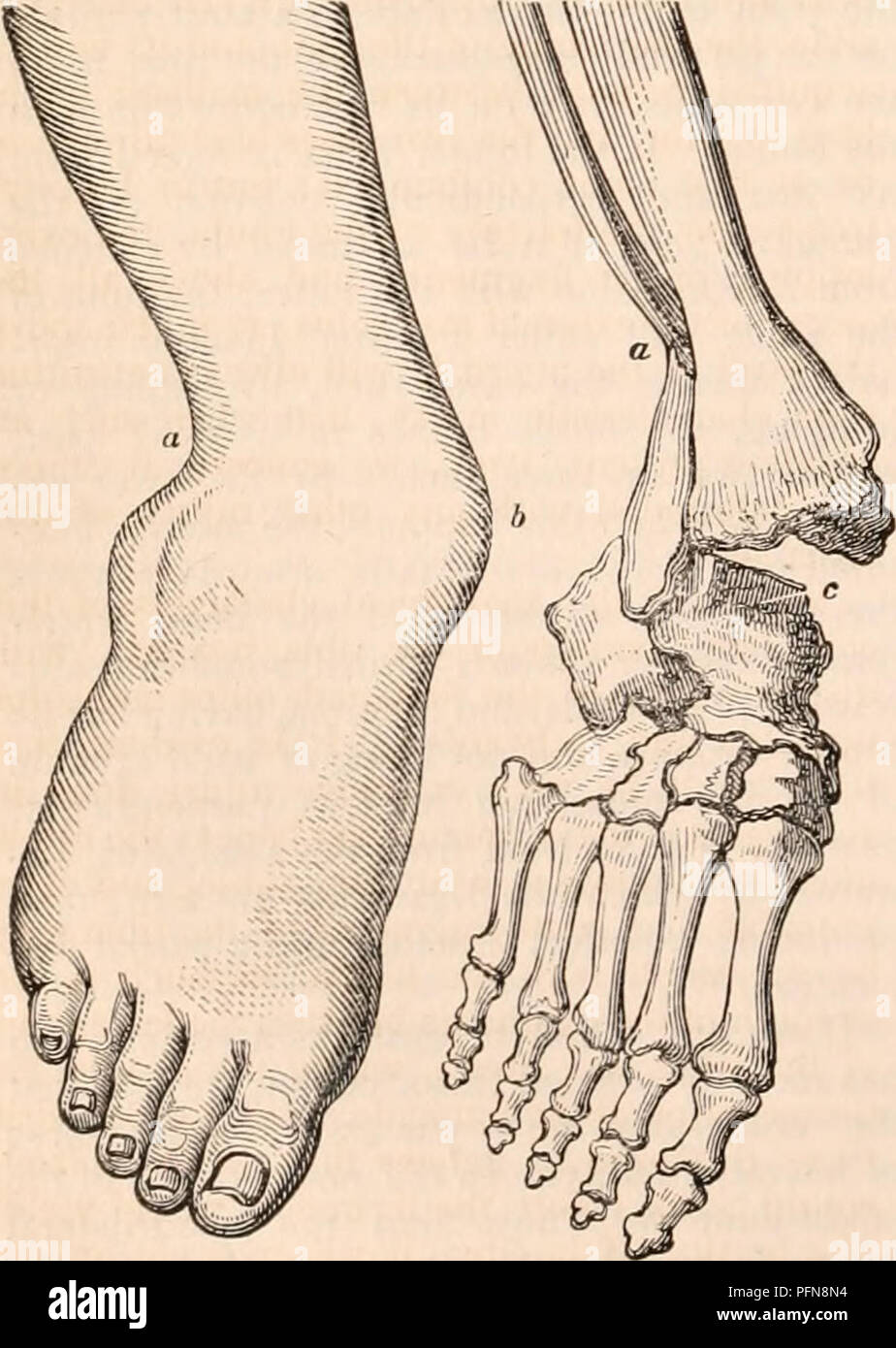 The Cyclopaedia Of Anatomy And Physiology Anatomy
The Cyclopaedia Of Anatomy And Physiology Anatomy
 The Anatomy And Physiology Of The Locomotor System
The Anatomy And Physiology Of The Locomotor System

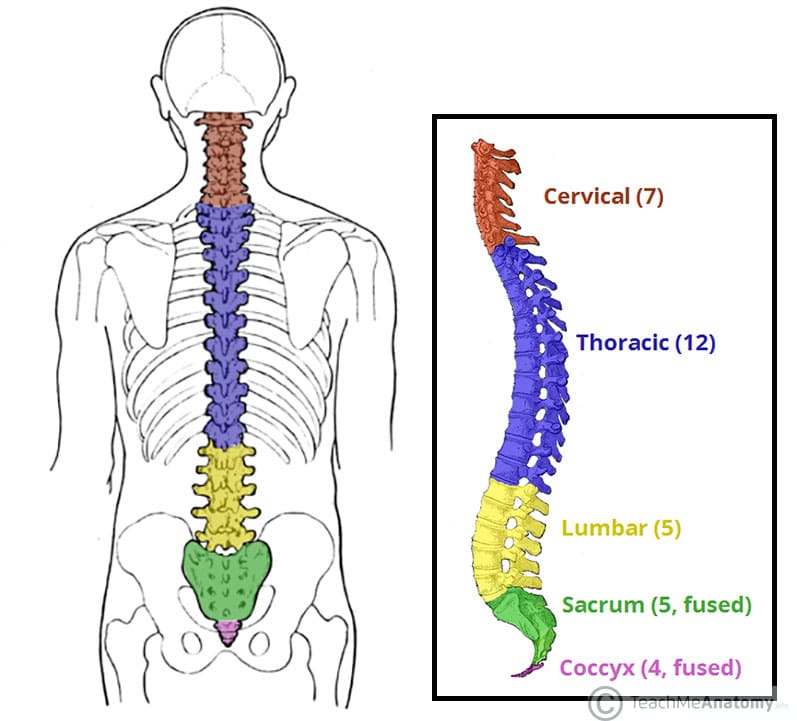 The Vertebral Column Joints Vertebrae Vertebral Structure
The Vertebral Column Joints Vertebrae Vertebral Structure
 The Musculoskeletal System Ross And Wilson Anatomy And
The Musculoskeletal System Ross And Wilson Anatomy And
Fibrous Joints Anatomy And Physiology Openstax
 Human Anatomy And Physiology Lab Manual Integrating The
Human Anatomy And Physiology Lab Manual Integrating The
 Sacroiliac Dysfunction And Sacroiliac Joint Pain Stretches
Sacroiliac Dysfunction And Sacroiliac Joint Pain Stretches
 Anps Anatomy Physiology Joints Muscles And Movement Iii
Anps Anatomy Physiology Joints Muscles And Movement Iii
 Lab Joints Anatomy Physiology 101 With Prins At
Lab Joints Anatomy Physiology 101 With Prins At
Belum ada Komentar untuk "Anatomy And Physiology Of Joints"
Posting Komentar